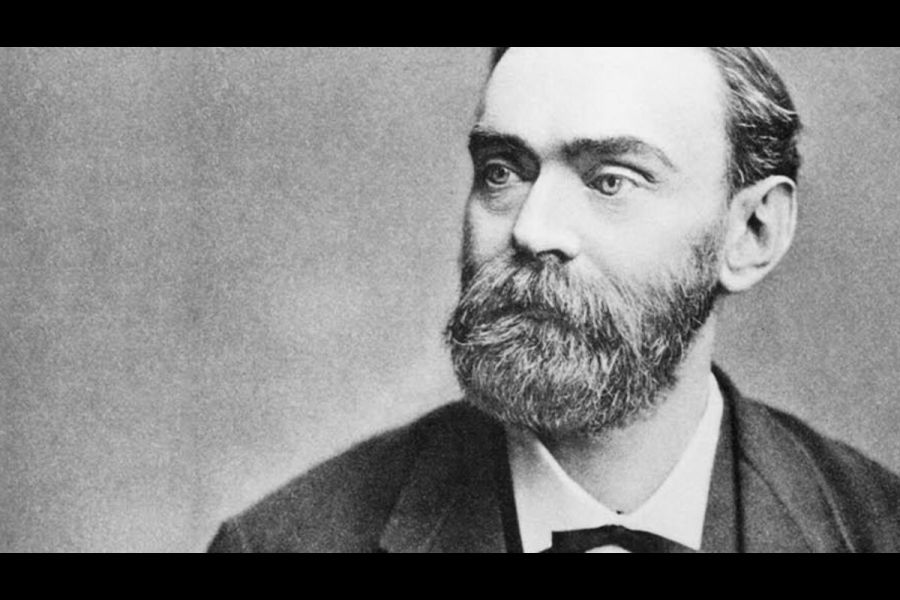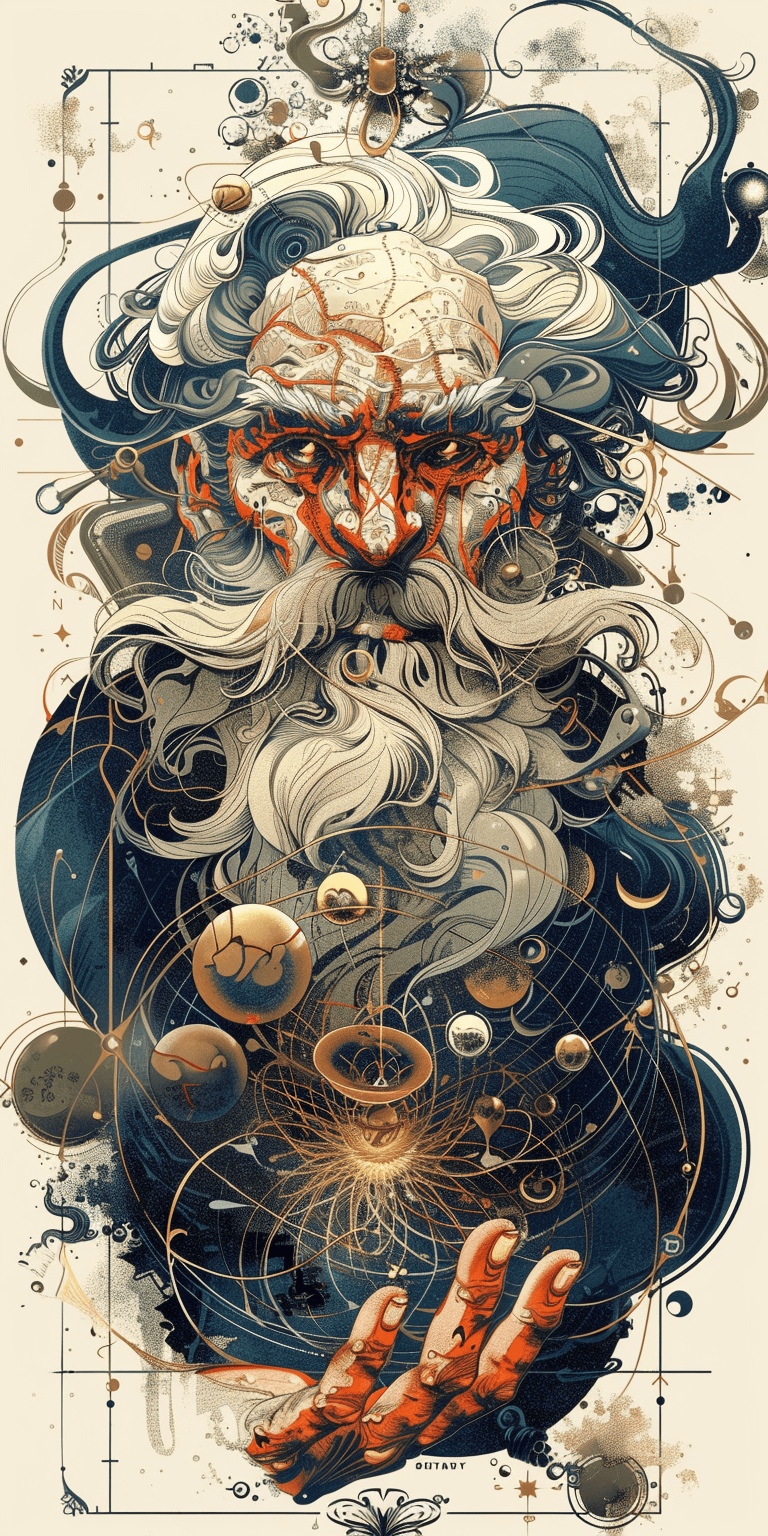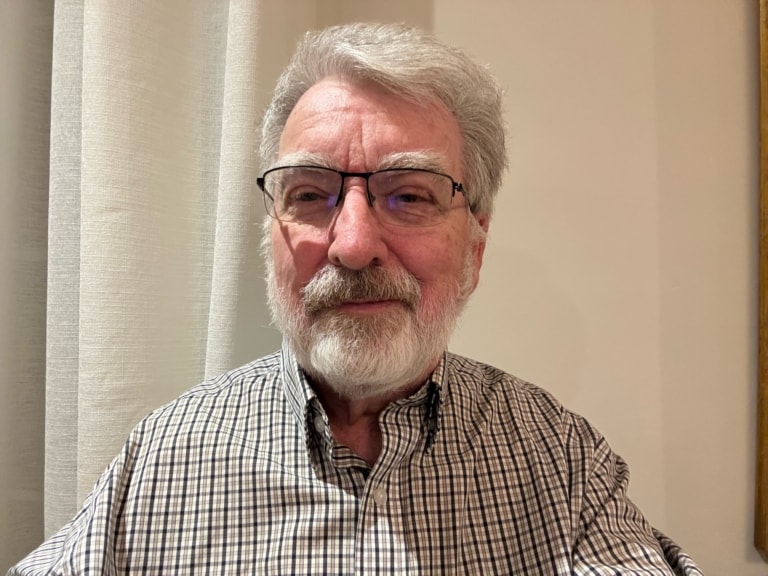The 2020 Nobel Prizes October 18, 2020
Dr. William Brown is a professor of neurology at McMaster University and co-founder of the Infohealth series at the Niagara-on-the-Lake Public Library.
Dr. William Brown
Special to The Lake Report
NOTL's annual six-week series of Nobel Prizes starts Nov. 4 and showcases what learned committees in Sweden and Norway consider the best achievements in physics, chemistry, medicine (physiology), economics, literature and the promotion of peace.
The history of the Nobel Prize is best left to another day but like all human endeavorus, even the most worthy of selection committees and laureates may spark controversy.
And it started with the fact that Alfred Nobel, the wealthy Swedish industrialist and founder of the prize which bears his name, was a controversial figure. Afterall, he made his money developing and marketing explosives in peace and war to whomever was willing to pay.
One of the earliest laureates, Marie Curie, won two Nobel Prizes, the first in physics was shared in 1903 with Becquerel and her husband Pierre but the second was a solo win for her in chemistry in 1911.
At the time of the second award some members of the selection committee were upset by rumours of a scandal to do with Marie Curie circulating in Paris at the time that Curie had had an affair with a married man with four children.
Ever the toughminded and determined woman, Marie wasted no time appealing to a sympathetic member of the committee to whom she made clear that she had won the prize on merit and her personal life was no one else’s business – shortly thereafter she was off to collect her Nobel. Good for her.
In recent years most of the controversies surround winners of the peace prize, some of whom were well-known rogues at the time of the award or became so. The literature prize has garnered its share of controversy because in the early days, so many of the winners were obscure Scandinavian authors or poets unknown to a wider readership. Or in recent times some high-profile writers with their own coterie of vigorous lobbyists, who felt snubbed.
But whatever the controversies, in recent times Canadians should take pride, in that master of the short story, Alice Munro, won the literature prize in 2013. Also, did you know that Winston Churchill won a Nobel in literature in 1953, as much for his speeches (which galvanized and inspired his nation under imminent threat of invasion), as for his post-war six-volume history of the Second World War and later the history of the English-speaking people. Both were written very much from a Churchillian point of view and a visceral feel for the noble English sentence and words.
There’s been much less overt controversy with the awards in science, perhaps because the work has usually been vetted by rigorous peer review in high-quality journals well before. But even here it might come as a surprise to some readers to learn that Albert Einstein won his Nobel Prize for his studies of the quantal nature of light and by extension the rest of the electromagnetic spectrum and energy itself, but not for his far more famous work on relativity, especially the general theory of relativity published in 1915. The fruits of general relativity were visible for all to see in two recent Nobel Prizes.
The first, in 2017, clearly showed that major cosmic events such as the collision of black holes, created ripples in space-time called gravitational waves. And this year Roger Penrose, a theoretical physicist from Oxford University, shared the Nobel Prize in physics for his work in the 1960s.
Penrose shared the Nobel with Andrea Ghez and Reinhard Genzel “for the discovery of a supermassive compact object at the centre of our galaxy.” The study of a supermassive black hole at the centre of our Milky Way was as much an engineering triumph as a triumph in physics and was based on revealing how such a massive black hole altered the speeds and trajectories of nearby bright stars.
If this year’s crop of laureates were likened to a wine harvest – 2020 is a very good year. Plan to catch the series by Zoom or YouTube, the latter is usually available within a few days of the original broadcast.
The series begins on Nov. 4 with physics, then chemistry, followed by economics, medicine, peace and, finally, the literature prize.
They start at 2 p.m. on successive Wednesdays. You will need to register with the Niagara-on-the-Lake library. This year, as last we’re lucky to have David Elkins repeat with the economics and peace prizes, and Valmai Elkins with the literature prize.
* To view the health series, register through the library’s website, notlpubliclibrary.org.










